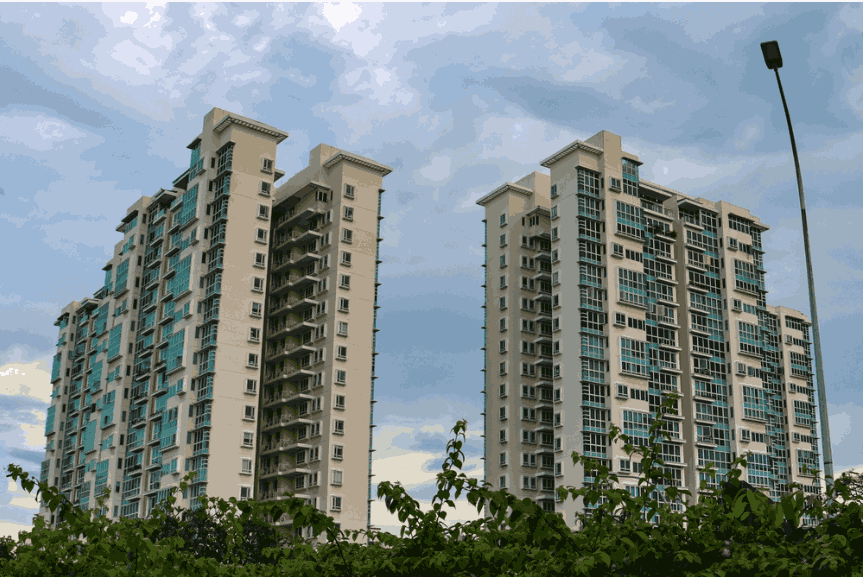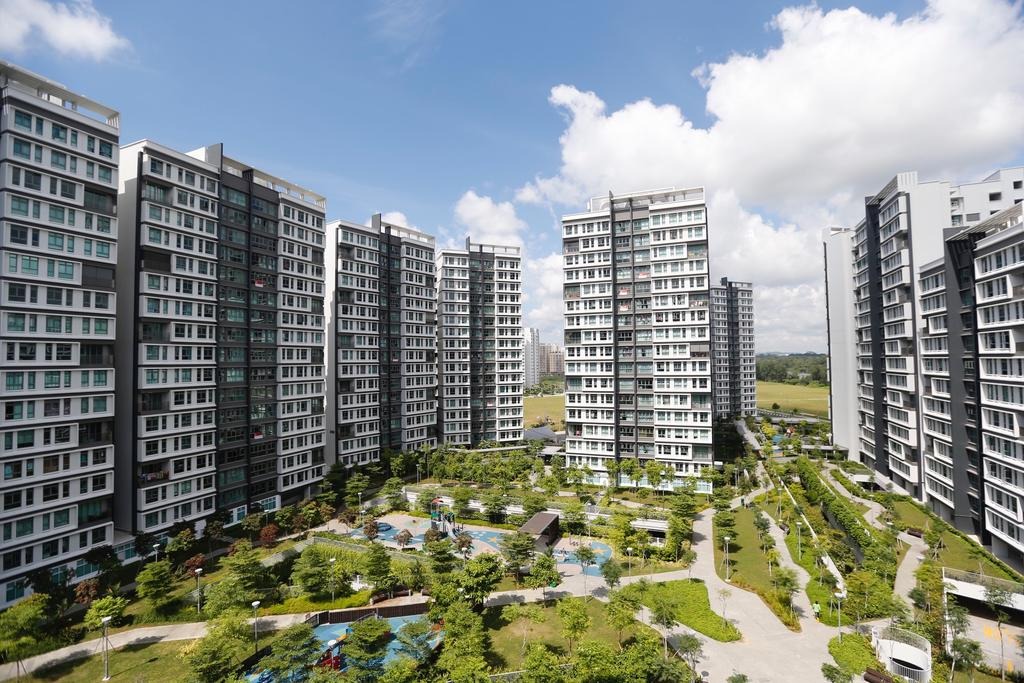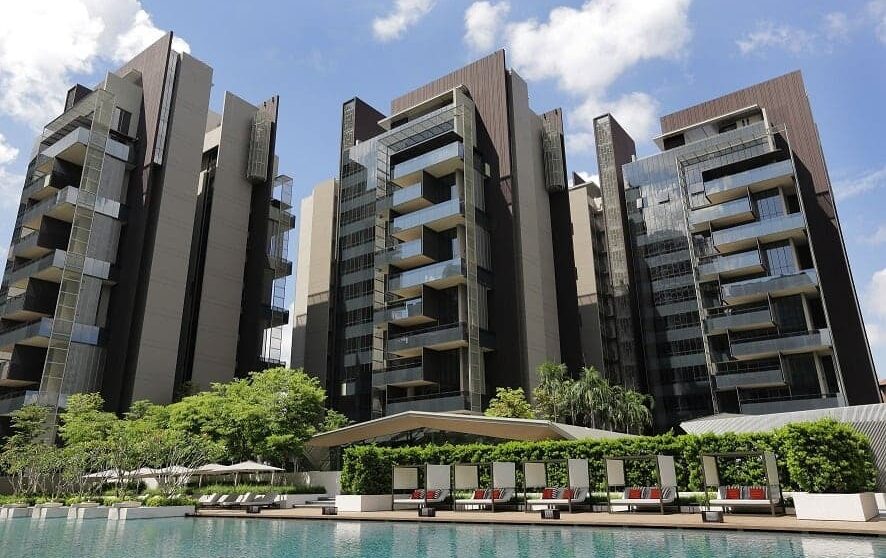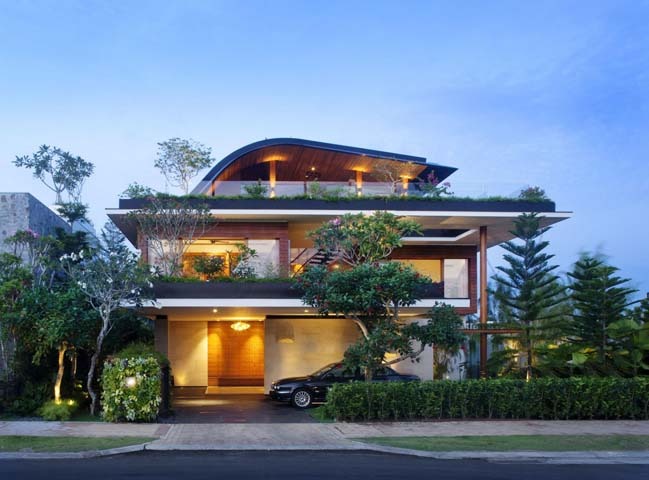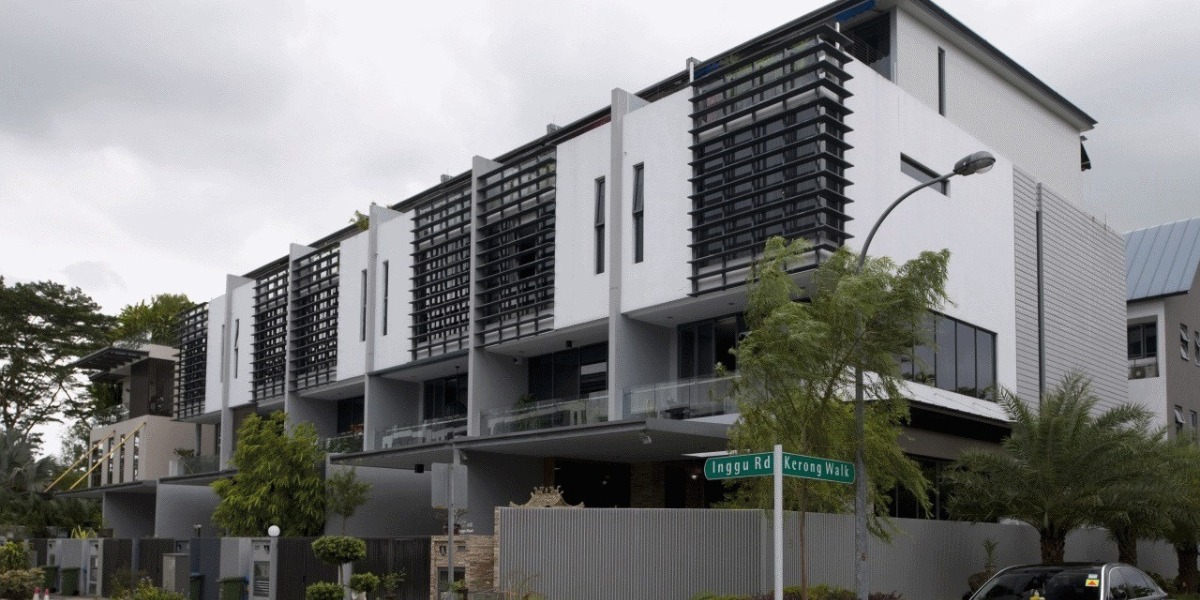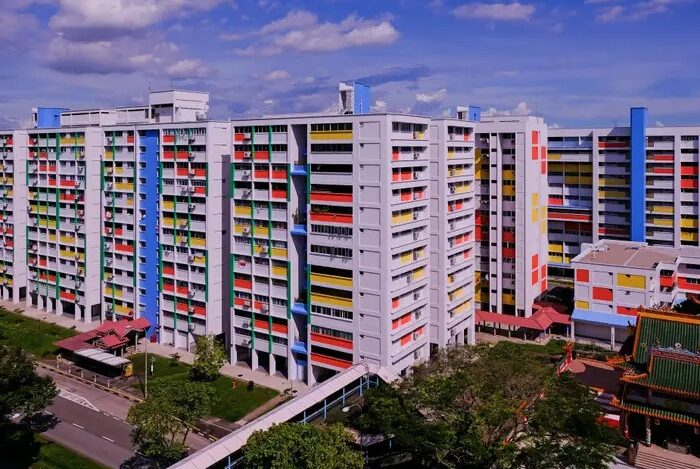Singapore’s Multi-Property Playbook: Tips for Aspiring Investors
For many Singaporeans, owning a property is a major life milestone. But what about owning more than one property? While it might seem like a distant dream for some, others have managed to turn it into a tangible reality. So, how do some Singaporeans navigate the challenges and opportunities of owning multiple properties in one of the world’s most competitive real estate markets? Let’s delve into the strategies, rules, and financial insights that make this possible.

Understanding the Appeal of Multiple Property Ownership
Owning multiple properties isn’t just about wealth accumulation—it’s also a strategic investment. Real estate in Singapore has consistently proven to be a reliable store of value and a source of passive income. With rental yields and capital appreciation in focus, many see properties as a way to build long-term wealth.
Key Reasons to Own Multiple Properties:
- Rental Income: Properties generate steady monthly income, particularly in prime locations.
- Capital Appreciation: Over the long term, property values in Singapore tend to rise, particularly in sought-after districts.
- Diversification: Multiple properties allow investors to spread risks across different types of real estate (HDBs, condominiums, landed properties).
- Legacy Building: Properties are often passed down as assets for future generations.
Challenges of Owning Multiple Properties
While the benefits are significant, the road to owning multiple properties is not without obstacles. Here are some key challenges:
- Hefty Additional Buyer’s Stamp Duty (ABSD): Singapore’s cooling measures impose an ABSD of 20% for Singapore citizens purchasing a second property and 30% for a third property. For Permanent Residents (PRs) and foreigners, these rates are even higher.
- Loan Restrictions: The Total Debt Servicing Ratio (TDSR) limits the amount you can borrow based on your income and other financial commitments.
- High Initial Costs: Beyond ABSD, there are upfront costs like legal fees, renovations, and agent commissions.
- Market Risks: Property prices can fluctuate, and rental demand may vary depending on location and market conditions.
Strategies to Overcome These Challenges
1. Owning an HDB Flat and a Private Home
For Singapore citizens, owning both an HDB flat and a private home is a common strategy. To achieve this:
- Purchase an HDB flat first and fulfill the Minimum Occupation Period (MOP) of 5 years.
- After meeting the MOP requirement, you can invest in a private property without needing to sell your HDB flat.
- This strategy allows you to enjoy government subsidies on the first property and use rental income from the private property as an additional revenue stream.
2. Owning Two Private Properties
There are two main approaches for couples or individuals aiming to own two private properties:
a. Paying ABSD to Own Two Private Properties as a Couple
- A couple can purchase two private properties under joint ownership by paying the Additional Buyer’s Stamp Duty (ABSD) on the second property. While this involves higher upfront costs, rental income and long-term capital gains often justify the expense.
- Couples with strong financial standing may also choose this route if both partners are earning sufficient income to manage multiple loans under the Total Debt Servicing Ratio (TDSR).
b. Decoupling and Buying Two Private Properties
- Decoupling is a strategy where one spouse transfers their share of a jointly owned property to the other, freeing up their name to purchase another property as a sole owner.
- This minimizes ABSD liability but requires careful financial planning, as the remaining owner must meet loan obligations on the existing property.
- Legal fees and stamp duty for decoupling should also be factored into the cost.
3. Owning a Private Property and a Commercial/Industrial Property
For investors looking to diversify their portfolios, owning both a private residential property and a commercial or industrial property can be a lucrative option:
- Commercial and Industrial Properties Are Not Subject to ABSD: Unlike residential properties, commercial and industrial real estate is exempt from ABSD, making it an attractive choice for second-property buyers.
- Higher Rental Yields: Commercial properties often generate higher rental yields compared to residential properties. However, these properties may require a higher upfront investment and carry different risks.
- Usage Flexibility: For entrepreneurs, owning a commercial or industrial property provides the added benefit of using the property for business operations, reducing rental expenses.
By adopting these targeted strategies, Singaporeans can overcome challenges such as ABSD and TDSR limitations to build robust and diversified property portfolios.
ABSD Rates for Different Buyer Profiles
| Property Number | Singapore Citizens (%) | Permanent Residents (PRs) (%) | Foreigners (%) |
| 1st Property | 0 | 5 | 20 |
| 2nd Property | 20 | 25 | 30 |
| 3rd Property and Beyond | 30 | 30 | 35 |
This table highlights the ABSD rates applicable to different buyer profiles based on the number of properties owned.
Property Price Trends Over the Past Decade
| Year | Average Property Price (SGD) |
| 2014 | 800,000 |
| 2016 | 750,000 |
| 2018 | 900,000 |
| 2020 | 950,000 |
| 2022 | 1,100,000 |
This table shows the trajectory of property prices over the past decade, emphasizing the long-term growth potential of real estate investments.
A Smart Approach to Multiple Property Ownership
The journey to owning multiple properties is undeniably challenging but achievable with the right strategies and financial discipline. Whether through creative financing, smart investment choices, or leveraging professional advice, Singaporeans can unlock the potential of real estate to secure their financial future.
If you’re considering your next property purchase or building your portfolio, I can help. With years of experience guiding clients through the intricacies of Singapore’s real estate market, I provide tailored advice and comprehensive research to ensure your property decisions align with your goals.
Connect with me at Dominic Choa Real Estate to start your journey towards strategic property investments today.

